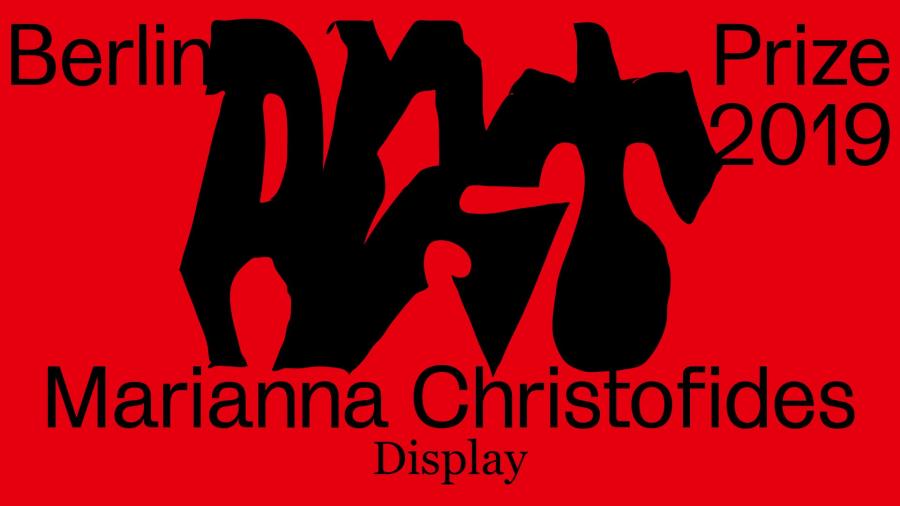After-Work-Drinks, Cocktails, Longdrinks, Highballs & Co. in a relaxed yet elegant atmosphere.
Marianna Christofides
Sat, 31 Aug 2019 18:00at Display
Marianna Christofides
Berlin Art Prize 2019: Nominee Exhibition
The mediums of experimental filmmaker Marianna Christofides (b. 1980, Nicosia, Cyprus) are slides, text, objects, and sound. In A canary called Cassandra, these elements combine to create an entangled and layered history around Frank Lloyd Wright’s Imperial Hotel in Tokyo. Constructed between 1919–1923, the hotel was initially planned as a temporary annex – the designs were expanded and made permanent when the first Imperial Hotel burned down. Intended for Western visitors to Japan, it was created in a Maya Revival style of architecture that was popular in the Americas at the time. The structure survived 1923’s Great Kantō Earthquake and American bombings during World War II, yet it could not withstand progress or decay and was torn down in 1967.
It is in the center of this timeline where Christofides’ A canary called Cassandra occurs. The basis of the work is a series of slides discovered and collected over several years by the artist. The images were taken by an American officer stationed in Japan between 1948 and the late 1960s. Documenting the interior and exterior of the hotel, as well as receptions and celebrations, and ultimately the demolition of the Imperial Hotel, the artist has crafted a poetic work, drawing on geography, architecture, anthropology, and socio-historical narratives. Combined with a text drafted by the artist and auditory footage from diverse sources, the multi-authored account as told by Christofides’ writing and the American officer’s images, transcends space and time. The title alludes to the mythic seer Cassandra, whose prophecies predicting radical transformations of the world were – as so often occurs – ignored.
Ultimately, however, it is unstoppable forces of nature that emerge as the narrative’s protagonist, persisting through the polarities of man and the environment, construction and destruction, transience, and endurance. A growing helplessness in reacting to extreme changes with means that have long been established unfolds throughout the piece, while the insistence on the belief that existing mechanisms are still effective, or resources inexhaustible, is challenged in Christofides’ A canary called Cassandra.

